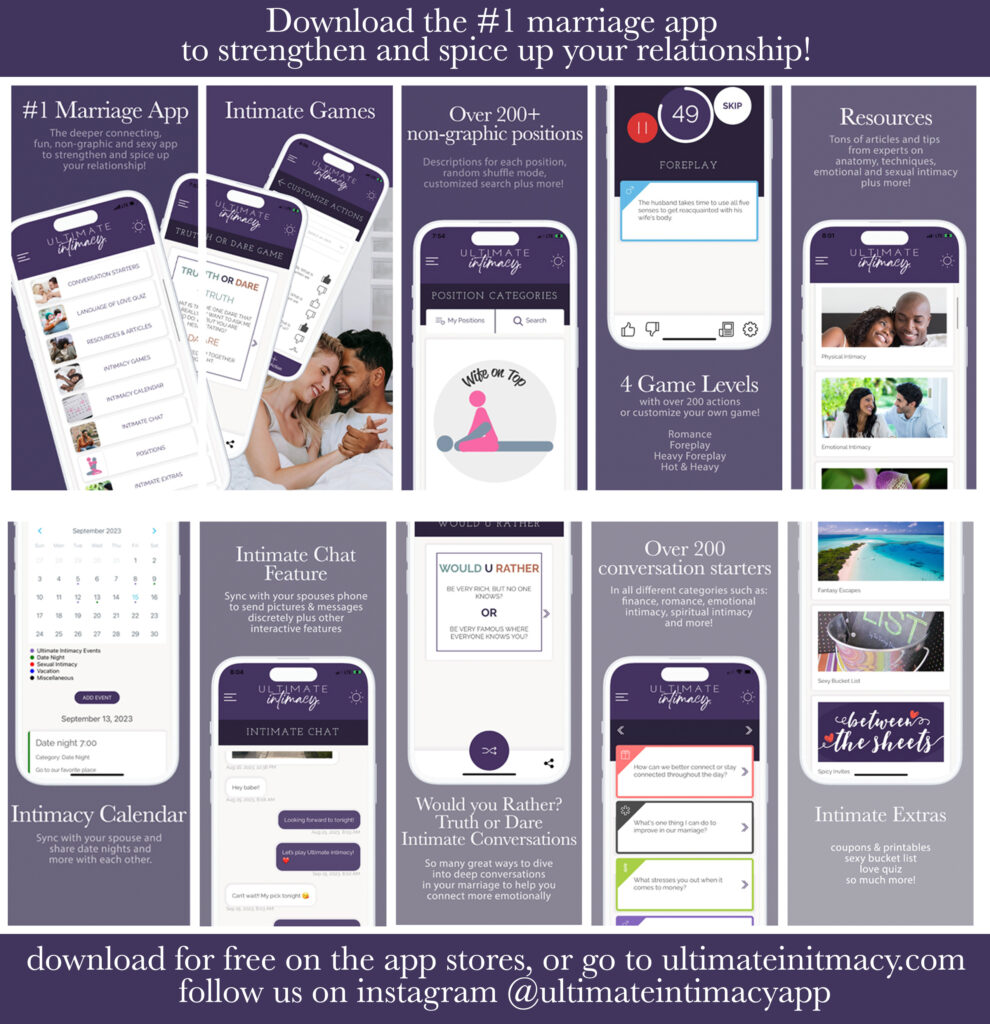Pride is often dubbed “the silent killer” of relationships. It’s a subtle yet powerful force that can wreak havoc on marriages if left unchecked.
This article delves into the intricate world of pride, discussing its definition, its destructive potential, and how to reduce its influence on your marriage. We’ll share examples and insights to help you recognize and combat the detrimental effects of pride in your relationship.
The Menace of Pride
Pride, often underestimated, can influence virtually every relationship to some extent. Its impact varies depending on the circumstances and life’s twists and turns. While everyone possesses a degree of pride, an excess of it can spell trouble for your relationship.
In its essence, pride is defined as an excessive belief in one’s abilities that hinders recognition of others’ contributions. It often manifests as a conceited belief in one’s own worth or importance.
Pride can lead individuals to perceive themselves as superior to others, including their spouse. This sense of superiority typically arises from personal achievements or the recognition of their skills and abilities.
However, pride can sow the seeds of selfishness and arrogance, which are often the root causes of various sins and relationship issues.

The Detrimental Effects of Pride
The negative consequences of pride in a relationship are far-reaching. Here are some of the harmful effects of excessive pride:
- Egoism: Prideful individuals often believe they are superior and, as a result, resist their spouse’s help or support. They tend to handle everything on their own, displaying selfishness and self-centered behavior.
- Arrogance: Arrogant people frequently dismiss advice and become critical of others’ opinions, even when they may hold more knowledge or expertise in a particular area.
- A Lack of Trust: Pride can erode trust in a relationship as one partner believes they are superior to the other and, therefore, their spouse is undeserving of trust.
- A Lack of Empathy: Excessive pride can make it challenging to empathize with others, as one’s own needs and desires take precedence over their spouse’s feelings.

Real-Life Example
Consider a situation where a couple was playing pickleball. A shot was hit down the middle, and both spouses thought the other was responsible. Instead of resolving the issue with a simple apology, they dug their heels in, each believing they were right.
This small disagreement escalated, creating tension in the game and potentially leading to a larger argument at home. This seemingly trivial matter ballooned due to their stubborn pride. This may sound silly, but how many of you have experienced something similar to this?

Challenging Our Own Pride
It’s important to recognize and address pride’s presence in your marriage. Here are some common signs of excessive pride:
- An inability to admit when you are wrong or to apologize.
- Shifting blame and not taking responsibility for your actions or conflicts in the relationship.
- Continuously pointing fingers at your spouse or others.
- An aversion to criticism or critique, preventing you from truly listening to others.
- A constant need to be the center of attention.
- An unteachable attitude.
- Disassociation from ordinary or less popular people.
- Criticism and jealousy toward those who outperform you, coupled with a quickness to highlight their flaws.
Reducing Pride in Your Marriage
Here are some strategies to combat and reduce pride’s influence in your relationship:
- Shift your focus from “I, me, myself” to “we” and “us.”
- Learn to admit your mistakes and apologize.
- Embrace compromise and communication.
- Take accountability for your actions without blaming others.
- Avoid competing and comparing within your relationship.
- Cultivate gratitude.
- Cease comparing yourself to others.
- Cultivate curiosity and kindness towards others.
Concluding Thoughts
Letting go of pride can be a game-changer for your marriage, bringing you closer together as a couple. Acknowledging its existence, understanding its detrimental effects, and actively working to reduce its influence are critical steps toward building a stronger and healthier relationship. Remember, it’s not a competition; it’s a partnership based on trust, humility, and love.
You may also enjoy this great podcast we did on this subject titled: 125. Is This Silent Relationship Killer Hurting Your Marriage?
Is pride hurting your marriage? Chances are, it is at some level. It has been said that pride is the silent killer of relationships!
Pride is something we all deal with at some level and it can fluctuate in our lives depending on where we are at and what we are going through. There may be some times in our live when our pride is high, and other times when we are humble. However… when left unchecked pride can destroy good relationships.
In this episode Nick and Amy identify how to know if pride is negatively impacting your relationship, AND things you can do to reduce it in your life.
Ultimate Intimacy


